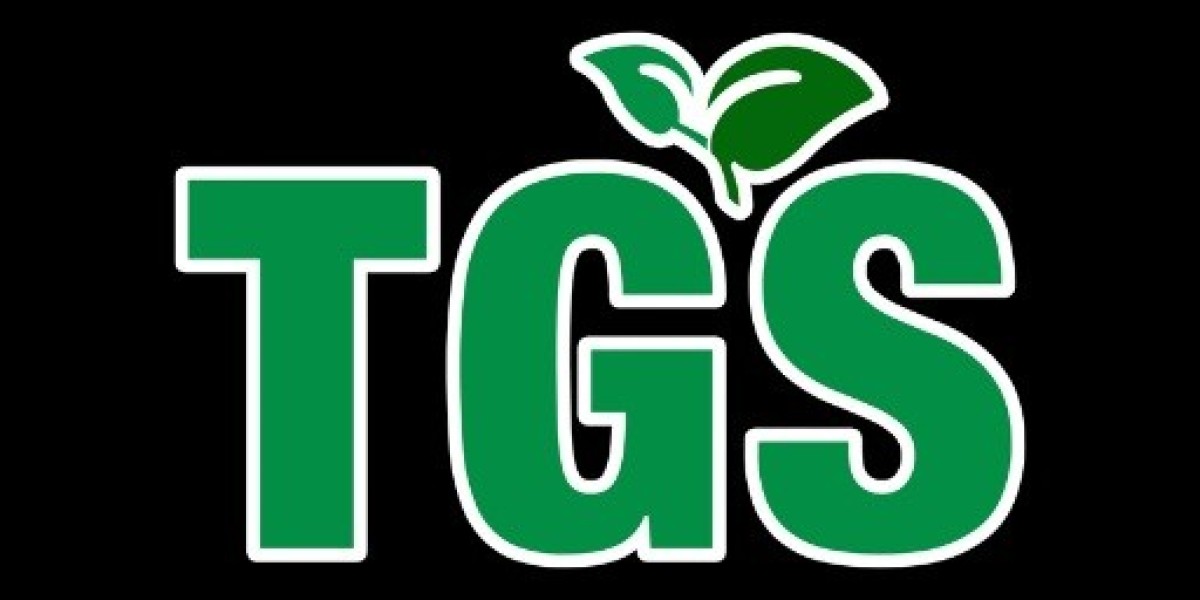When someone is struggling with both mental health disorders and substance abuse, the path to recovery requires more than just one form of treatment. This is where a dual diagnosis treatment center comes in, offering a specialized and integrated approach that focuses heavily on therapy. Therapy plays a central role in addressing the root causes of both conditions while helping individuals develop healthier coping mechanisms.
Why Therapy is Essential in Dual Diagnosis Treatment
Therapy is not just about talking—it’s about transformation. In a dual diagnosis treatment center, therapy is designed to:
Explore underlying mental health issues like anxiety, depression, or trauma.
Identify triggers that contribute to substance abuse.
Provide healthier coping skills to replace destructive patterns.
Build resilience to prevent relapse.
Without therapy, recovery often focuses only on surface-level symptoms, leaving deeper issues unresolved.
Types of Therapy Used in Dual Diagnosis Treatment Centers
1. Cognitive Behavioral Therapy (CBT)
CBT helps individuals identify negative thought patterns and replace them with healthier ones. For example, someone with depression and alcohol addiction may use CBT to challenge harmful beliefs and avoid drinking as a coping strategy.
2. Dialectical Behavior Therapy (DBT)
DBT emphasizes mindfulness, emotional regulation, and stress tolerance. It is particularly effective for individuals dealing with mood disorders, trauma, and self-destructive behaviors tied to substance use.
3. Individual Therapy
One-on-one sessions allow clients to work through personal challenges in a safe, confidential environment. This is where deep emotional healing often occurs.
4. Group Therapy
Group sessions provide support from peers who are experiencing similar struggles. Sharing stories reduces isolation and builds a sense of community, which is vital in recovery.
5. Family Therapy
Addiction and mental illness affect the whole family. Family therapy helps loved ones understand the recovery process and teaches healthier communication strategies.
Benefits of Therapy in a Dual Diagnosis Treatment Center
Improved self-awareness – Understanding one’s behaviors and triggers.
Healthier coping mechanisms – Choosing constructive habits instead of destructive ones.
Better emotional regulation – Learning how to handle stress and conflict.
Stronger support systems – Connecting with peers and family in a positive way.
Reduced relapse risk – Equipping individuals with long-term recovery strategies.
How Therapy Supports Long-Term Recovery
Recovery doesn’t end when treatment does. Therapy in a dual diagnosis treatment center equips individuals with skills they can use long after leaving the program. These tools help manage stress, improve relationships, and create a healthier lifestyle that supports long-term sobriety and stability.
FAQs
Q1. Why is therapy important in a dual diagnosis treatment center?
Therapy addresses both the mental health condition and the substance use disorder at the same time, helping clients develop tools for long-term recovery.
Q2. What type of therapy works best in dual diagnosis treatment?
There isn’t a single “best” therapy. Instead, centers often use a combination of CBT, DBT, individual counseling, and family therapy based on each person’s unique needs.
Q3. Can therapy alone treat dual diagnosis?
Therapy is essential but not always enough on its own. A dual diagnosis treatment center combines therapy with medical care, medication management, and holistic practices for the best results.
Q4. How long does therapy last in dual diagnosis treatment?
The duration varies depending on individual needs. Some people may require weeks of intensive therapy, while others may continue ongoing outpatient therapy for years.
Q5. Does family therapy really help in recovery?
Yes, family therapy helps loved ones understand the recovery journey, repair strained relationships, and create a supportive environment that fosters long-term healing.







